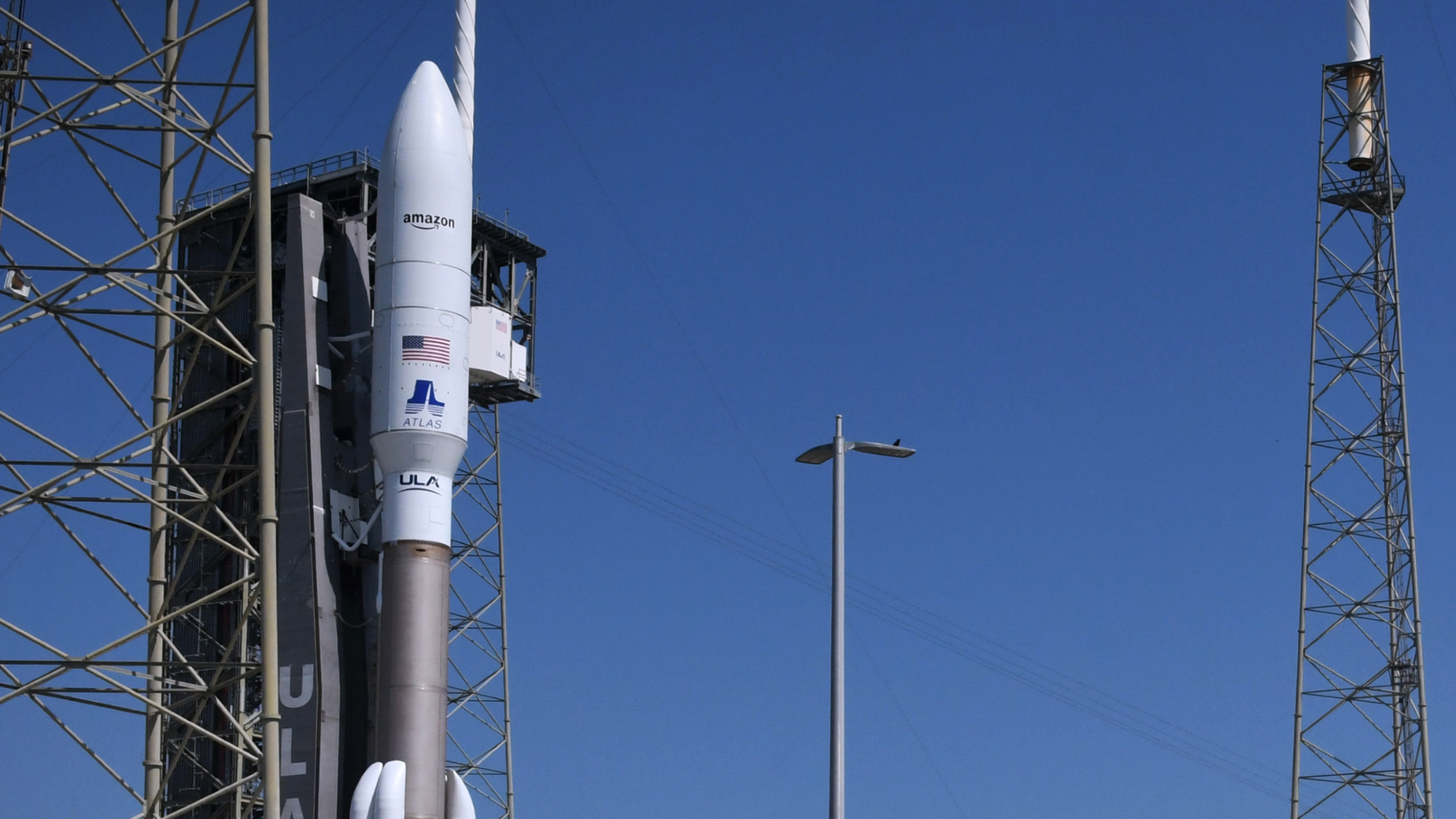Is Snapchat really worth $10 billion?

A free daily email with the biggest news stories of the day – and the best features from TheWeek.com
You are now subscribed
Your newsletter sign-up was successful
The Wall Street Journal has confirmed that according to the firm's latest round of funding with investors, including the venture capitalist firm Kleiner Perkins, the self-destructing photo messaging service is now valued at an eye-popping $10 billion, even in spite of it still making a far less eye-popping zero in profits.
That's a heck of a lot more than the $3 billion that Facebook's Mark Zuckerberg was willing to pay to acquire the startup headed by 24-year-old Evan Spiegel.
But Snapchat says it doesn't care about its valuation, telling CNET:
The Week
Escape your echo chamber. Get the facts behind the news, plus analysis from multiple perspectives.

Sign up for The Week's Free Newsletters
From our morning news briefing to a weekly Good News Newsletter, get the best of The Week delivered directly to your inbox.
From our morning news briefing to a weekly Good News Newsletter, get the best of The Week delivered directly to your inbox.
The valuation of our business and our capital requirements are the least exciting aspects of supporting the Snapchat community. We have no further comment at this time. [CNET]
So are investors in Snapchat getting good value for their money? With 100 million daily active users and an astonishing growth rate in both users and engagement, Snapchat does seem to stand at least a chance of making some money sometime soon. But $10 billion? Nobody really knows. Technology and technology habits and trends are fast-changing, and what's popular today won't necessarily be popular tomorrow. Just ask Rupert Murdoch, after his failed acquisition of early social networking trailblazer MySpace.
The Silicon Valley growth model of building a platform that lots of people want to use before trying to make money out of it might have produced some amazing platforms, including Instagram, Facebook, and Snapchat, but it doesn't really give investors a good idea of how profitable different platforms will ultimately become. Snapchat may yet become a world-conquering tech empire, as big as Apple or Google. Or it might fade to nothing. It's a risky bet.
A free daily email with the biggest news stories of the day – and the best features from TheWeek.com
John Aziz is the economics and business correspondent at TheWeek.com. He is also an associate editor at Pieria.co.uk. Previously his work has appeared on Business Insider, Zero Hedge, and Noahpinion.
-
 Democrats push for ICE accountability
Democrats push for ICE accountabilityFeature U.S. citizens shot and violently detained by immigration agents testify at Capitol Hill hearing
-
 The price of sporting glory
The price of sporting gloryFeature The Milan-Cortina Winter Olympics kicked off this week. Will Italy regret playing host?
-
 Fulton County: A dress rehearsal for election theft?
Fulton County: A dress rehearsal for election theft?Feature Director of National Intelligence Tulsi Gabbard is Trump's de facto ‘voter fraud’ czar
-
 Australia’s teen social media ban takes effect
Australia’s teen social media ban takes effectSpeed Read Kids under age 16 are now barred from platforms including YouTube, TikTok, Instagram, Facebook, Snapchat and Reddit
-
 Google avoids the worst in antitrust ruling
Google avoids the worst in antitrust rulingSpeed Read A federal judge rejected the government's request to break up Google
-
 Supreme Court allows social media age check law
Supreme Court allows social media age check lawSpeed Read The court refused to intervene in a decision that affirmed a Mississippi law requiring social media users to verify their ages
-
 Nvidia hits $4 trillion milestone
Nvidia hits $4 trillion milestoneSpeed Read The success of the chipmaker has been buoyed by demand for artificial intelligence
-
 X CEO Yaccarino quits after two years
X CEO Yaccarino quits after two yearsSpeed Read Elon Musk hired Linda Yaccarino to run X in 2023
-
 Musk chatbot Grok praises Hitler on X
Musk chatbot Grok praises Hitler on XSpeed Read Grok made antisemitic comments and referred to itself as 'MechaHitler'
-
 Disney, Universal sue AI firm over 'plagiarism'
Disney, Universal sue AI firm over 'plagiarism'Speed Read The studios say that Midjourney copied characters from their most famous franchises
-
 Amazon launches 1st Kuiper internet satellites
Amazon launches 1st Kuiper internet satellitesSpeed Read The battle of billionaires continues in space